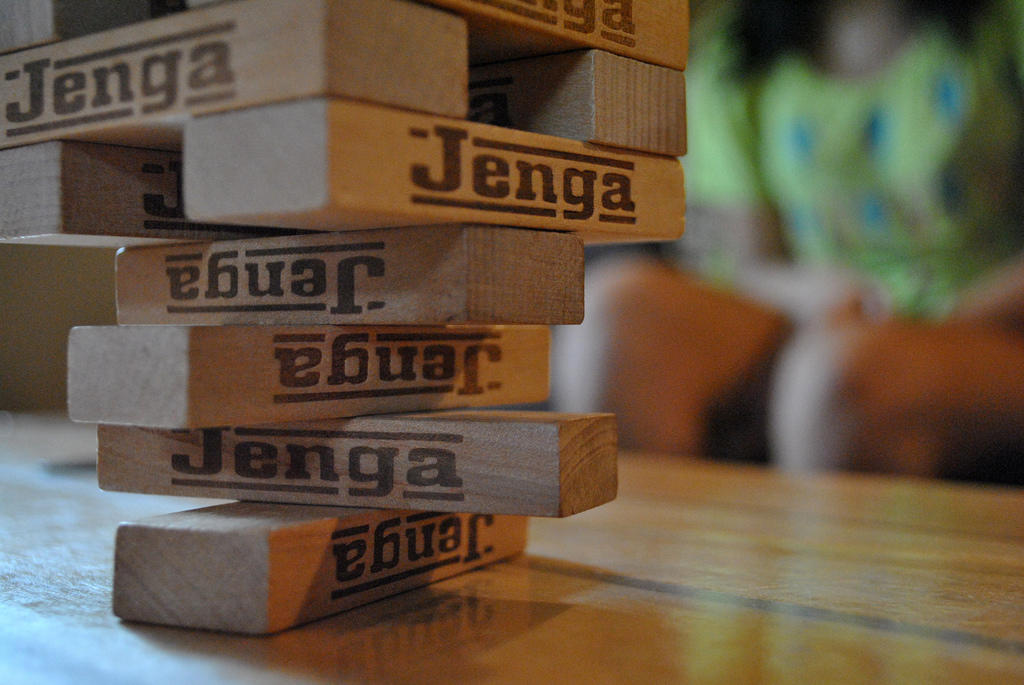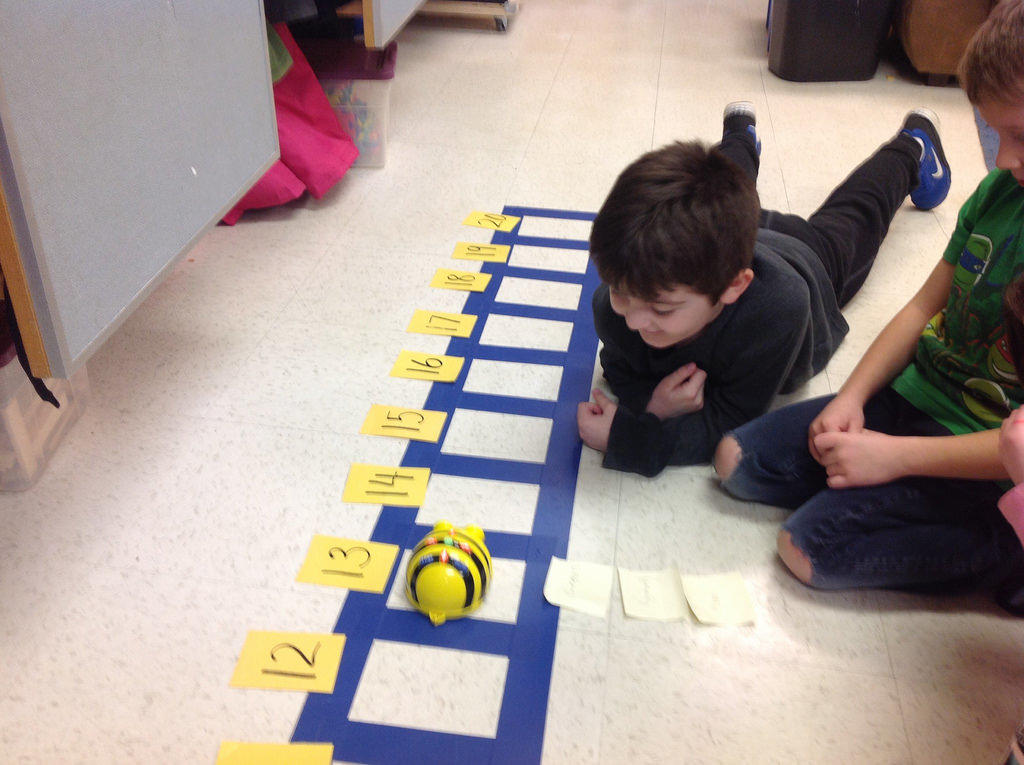Ever wondered how you, as a parent, can help your child overcome their fear/ anxiety/ boredom when it comes to learning mathematics at home? Does it worry you that your child has difficulty remembering how to calculate square roots, the order of operations or simply to memorize their tables?
Knowledge of maths is crucial as mathematical concepts are present all around us, in our everyday lives. It is inescapable and so it might be a good idea to start showing a different perspective of maths to your child at home.
“Tweaking the learning environment to make it more engaging and interactive for a young learner can prove beneficial especially when it comes to explaining difficult mathematical concepts.”
A good place to start would be to tell your child that anyone can be a mathematician, whether a girl or a boy. Bust the myth of male superiority and make girls feel accepted in the discipline.
There have been too many studies into Indian parents’ obsession with maths grades, to ignore it anymore. This is resulting in increased stress levels in school children and it is not a healthy sign for young India. Parents, who cherish their child’s success, while offering unconditional support through their failures too, are the ideal parents.
Find your online maths tutor here.

The Dichotomy of Learning Maths at School and at Home
There has arisen a divide between what a child learns in school and how much of it is retained by the time they get home. Undoubtedly, maths tutors try their best to help students maintain continuity between school and home. However, the inability of parents to step in somewhere in between means that there is distance between learner and subject when outside the classroom.
“If the child encounters a problem in school maths, they are less likely to mention it to their parents.”
On the other hand, being at home could be a way of avoiding maths, especially if solving maths problems and answering maths quizzes makes them anxious.
Making Maths Fun at Home
Children are naturally curious about the world around them. Indian parents have long been guilty of trying to suppress this curiosity. But, when it comes to math, parents can actually use their child’s curiosity to their advantage!
Try to place maths in every day, familiar contexts, and see your child’s confidence soar as they pose queries to you, overcoming anxieties and fears. All children are capable of learning math, so prepare to be surprised!
“Remember, if you struggled with maths concepts as a child, the fear does not necessarily get inherited by your child.”

In fact, why not use your child's education as an opportunity to get over your own fears? It is never too late to learn.
Maths in Family Activities
Talking about mathematics in contexts such as cooking, crafts, travelling, and playing with your children is the best way to make this discipline an active part of your children's day-to-day lives. Normalizing an activity that has been a source of fear is the best way to overcome it, and even befriend it, making for a smooth transition into technical learning in the future.
Fun and Engaging Maths Games
All work and no play make Jack a dull boy! This holds true for maths learning as well. Nowadays, there are so many free learning resources available both online and for sale. Just get yourself one such ‘maths learning for fun’ kit. This will also serve as a nice bonding activity between parents and children.
“Children always learn better when they're having fun than when they're learning off by heart.”

Best Maths Games For Kids
- "Fraction Monkeys": This game helps children practice identifying fractions by matching them with their corresponding visual representations.
- "Geometry Dash": This is a popular game that focuses on geometry concepts such as angles, shapes, and spatial reasoning. Players navigate through various levels while encountering different geometric challenges.
- "Math Blaster": This game covers a wide range of maths concepts, including fractions, geometry, and more. It offers interactive gameplay and helps students strengthen their math skills.
- "Math Man": Similar to the classic game Pac-Man, Math Man incorporates maths problems into the gameplay. Players must solve equations to advance through the levels.
- "Pizza Fractions Game": This game allows players to build pizzas using different fractions of toppings. It helps reinforce fraction concepts and encourages visual understanding.
Learn Maths Together
Maths games are a great equalizer. Parents can learn as much as their children, about concepts in counting, sorting, time, reasoning, probability, estimation, and rounding in primary maths. For example, you could use Lego blocks to visualize operations such as addition and subtraction or multiplication and division.
Mathematics can be overwhelming, given the vast nature of its subject, with so many different branches still being discovered! However, learning math can be fun for children if they are able to practice their maths in a familiar environment and at their own pace.
“Children have an amazing ability to learn without making a big deal of it!”
Some children learn through the use of apps on smartphones or tablets, without even realizing that it is related to their studies at school. Try to talk to your child about these interests and let them know that you are interested too.
How To Make Maths Concepts Easy?
One effective approach is to break down complex concepts into smaller, more manageable chunks. This can be done by using visual aids, such as diagrams or graphs, to illustrate the problem. Additionally, incorporating real-life examples and relatable scenarios can help students understand the relevance and practical applications of mathematical concepts.
When it comes to making math concepts easier to understand and simplifying complicated math problems, there are several strategies you can try:
- Break it down: Break the problem into smaller, more manageable parts. This can help you focus on one aspect at a time and make the problem less overwhelming.
- Visualize: Use visual aids such as diagrams, graphs, or charts to help you understand the problem better. Visualizing the problem can often make it easier to solve.
- Look for patterns: Try to identify any patterns or relationships within the problem. This can help you find shortcuts or alternative approaches to solving the problem. Vedic Maths skills can help in making complex problems look simple.
- Practice regularly: Regular practice is key to improving your math skills. By practicing regularly, you become more familiar with different concepts and problem-solving techniques, making them easier to apply in various situations.
- Seek help: Don't hesitate to ask for help when needed. Reach out to your teacher, classmates, or online resources for clarification or additional guidance on complex math concepts.
- Use real-life examples: Relate math problems to real-life situations or examples that you can easily understand. This can make abstract concepts more relatable and easier to grasp.
Looking for vedic maths classes near me in India? On Superprof, you can find the best maths classes for vedic mathematics!

How To Help Your Child With Maths?
Helping your child with maths can be an important task as it can set them up for success in school and in life. Here are some ways you can support your child's mathematical development:
- Create a positive attitude towards maths: Show enthusiasm and interest in maths and highlight its relevance in their daily lives. Encourage their efforts and celebrate their achievements.
- Provide a supportive learning environment: Create a quiet and organized space for them to study and do math homework. Remove any distractions and provide the necessary materials such as textbooks, calculators, and stationery.
- Engage in math-related activities: Incorporate math into everyday activities such as cooking, shopping, and playing games. This will help your child see the practical applications of math and make it more enjoyable.
Children try to compartmentalize schoolwork from their home and play activities. Especially, if they are struggling with maths at school, it is a great idea to demonstrate the link between maths and everyday life in your home, or while doing the weekly shopping.
For instance, ask your children about counting the change in your purse or to calculate the total sum of your purchases as you make your way around the grocery store. You can even encourage them to check the amounts of each item you have bought (e.g. sugar, salt, flour, eggs etc.), ask them to use the metric system, and so on.
Before you know it, your child will know these concepts like the back of their little hands. Involving them will also make them feel important and help in the development of important social skills.
Make Your Own Rules
Teach your kids the beauty of math – how it is more than the mere use of calculators and equal signs. Show them how they can be flexible in their approach to math.
There are always several ways to solve any maths problem and many maths tricks that will make your life easier. For example, for simple operations and estimation, why use a calculator when mental calculation can save you time?
By showing them that there are several paths to the same answer, you will help kids develop critical thinking and logic skills as they learn to consider each approach.
Find a qualified maths teacher on Superprof to help you learn everything you need to know!
A Dedicated Math Corner
Maths is an art. and, just like any other art, it helps to have a little corner devoted to the creation and practice of mathematics. You cannot just start doing your math homework in the middle of a busy street or in the living room of your house when there are guests around.
Spur on your child’s creativity by giving them a learning corner, if possible, complete with a number line, interesting math learning games and educational toys such as building cubes or modeling clay.
With this dedicated corner in the house, even if you are not around, now that their curiosity has been aroused, your child is likelier to explore mathematical concepts like place value, adding, subtracting, multiplying, dividing, and sequences.

This is a journey that both parents and children take together. The sure way to attaining good grades in mathematics is to understand and befriend the subject, instead of fearing it. as we have seen, it is so easy to teach maths through everyday household activities. Ease your child’s maths learning. Don’t pressurize them into fulfilling your dreams. Your child will thank you for it.
Parental pressure, coupled with a lack of social awareness and empathy has resulted in the association of stigma for children with learning disabilities. Read our article with tips and advice.
Summarise with AI:















This is mohammad shamshuddin Iam old faculty in superprof I want to teach gate maths statistics and discrete
mathematical for gate and btech student